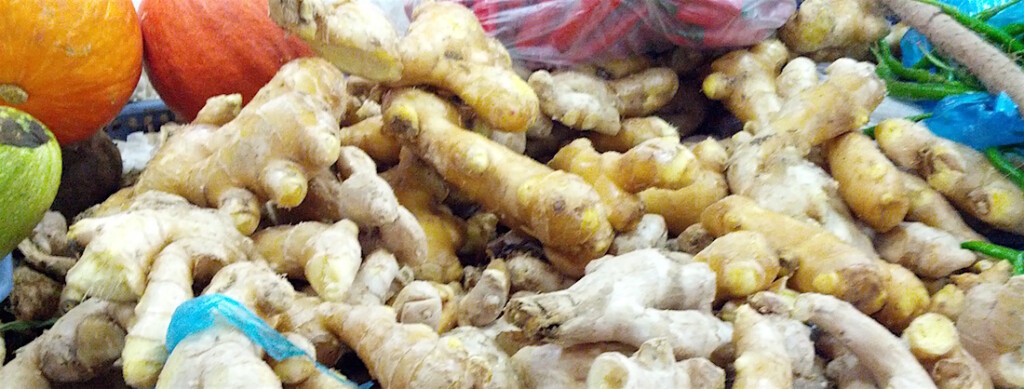The importation of organic extracts from botanical species is the only possible alternative to incorporate these substances into food, cosmetic, or pharmaceutical preparations, given that in Spain the surface area dedicated to the cultivation of this type of plants is very limited. The international trade of organic extracts is particularly important due to the large volume of imported quantities.The limited production of organic extracts in Spain makes direct importation from suppliers in Asia and other continents the best option for the cosmetic, pharmaceutical, and food industries. The international trade of organic extracts handles large volumes both in quantity and variety.Organic extracts are commonly used in a multitude of foods, such as meat products, juices, functional beverages, yogurts, sauces, or soups. They are also common in animal feed to achieve functional feeds, in the pharmaceutical industry as part of a formulation, and in the cosmetic industry for incorporation into creams, serums, lotions, and soaps that harness the benefits of plants.
Tips for Importing Organic Extracts
Industries that use organic extracts often source through intermediaries and distributors, which increases the final cost of the product. Cost optimization can be achieved by directly importing from suppliers in the countries of origin, who offer raw materials at much cheaper prices.The main supplying countries of organic extracts worldwide that Bull Importer works with are characterized by the quantity and diversity of fresh, dried, in the form of essential oils, or in extract form raw materials. Certification bodies, such as Ecocert, guarantee that the raw material comes from organic agriculture, an essential requirement if the final product is to be labeled as organic.Vegetable organic extracts can be used in food, dietary supplements, and cosmetics. Their use as additives is also common, as they act as natural preservatives and prevent oxidation of the final preparations.Although organic extracts may seem expensive, the low doses used mean that their impact on the final product price is minimal compared to the quality of the obtained preparation.To acquire high-quality extracts, it is key to verify the supplier’s quality systems, which should include raw material controls, traceability, hygiene in facilities and personnel, analysis at each stage of production, homologation, and verification of compliance with European regulations.
Main Imported Organic Extracts
The concentration of active principles in organic extracts offers numerous applications: providing an active principle to a processed food, extending the shelf life of a prepared food, improving the properties of a cosmetic, preparing capsules or other preparations with a beneficial active principle for the body, or innovating in foods with greater healthy properties.Bull Importer offers its clients personalized, fast, and efficient attention to select the appropriate supplier, solve possible doubts, and provide guidance on the applications of each organic extract.The main organic extracts demanded by our clients are the following:
Aromas
- Almond (concentration 82%)
- Maple
- Hazelnut (concentration 83%)
- Bergamot (concentration 78%)
- Coconut
- Elderflower
- Rum
Powder Extracts
- Cocoa
- Camu Camu
- Milk thistle
- Horsetail
- Rosehip
- Mint leaf
- Nettle leaf
- Jasmine
- Chamomile
- Schisandra
- Fennel seed
- White tea
- Black tea
- Green tea
- Vanilla
Liquid Extracts
- Milk thistle
- Passionflower
- Willow herb
- Nettle leaf
Contact Bull Importer and we will provide detailed information on the importation of organic extracts and other types of additives for the food industry.



